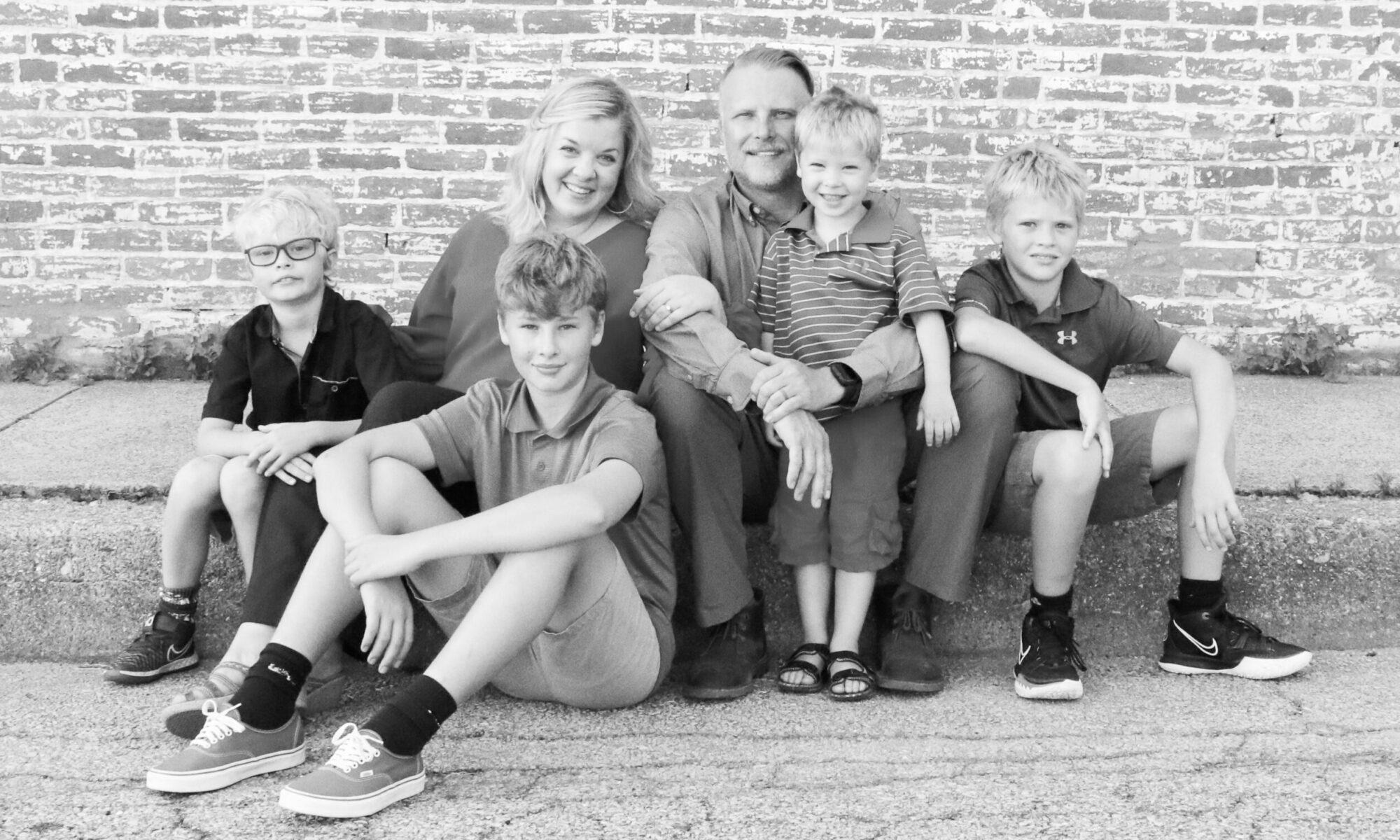From the LYWB.com team: It’s our fifth birthday here on the blog. To celebrate, we are featuring the "best of" the blog all month. This blog on spring fever sure got you talking. I know it’s the middle of winter now, but the points made in this post apply in any season.
Spring fever is a real condition. I know because Wikipedia says so.
It’s that sudden feeling that you might just burst if you don’t get into a relationship. Or a new obsession over a guy who seemed pretty boring in the winter months, but now he is all you can think about. Spring fever is a "sickness" that can keep you completely distracted by romance and wandering around in a love-struck daze.
but now he is all you can think about. Spring fever is a "sickness" that can keep you completely distracted by romance and wandering around in a love-struck daze.
No one knows what it is about spring that gets us all revved up for love, but I know that for a girl committed to God’s plan for her love life a sudden burst of romantic feelings can be painfully tough to deal with. So here is your spring survival kit—a few doses of God’s Word to temper your heart as you wait for love in the right season.
Temptation is not a sin.
Just because you are tempted to be with a boy you shouldn’t, enter a relationship too soon, or let your thoughts jump down the rabbit hole of romance doesn’t mean you are in sin. Jesus Himself was tempted and yet remained sinless.
For we do not have a high priest who is unable to sympathize with our weaknesses, but one who in every respect has been tempted as we are, yet without sin (Heb. 4:15).
There will be seasons when your heart pulls toward love outside of God’s will and timing. That doesn’t mean there’s something wrong with you or that purity is impossible. It just means you have to persevere in your commitment to wait. Temptations are a reminder to pray for strength, to study God’s Word, and to surround yourself with wise, supportive Christian friends and mentors.
Waiting is possible.
First Corinthians 10:13 gives us a promise we can hold on to: "No temptation has overtaken you that is not common to man. God is faithful, and he will not let you be tempted beyond your ability, but with the temptation he will also provide the way of escape, that you may be able to endure it."
When it comes to pure romance, waiting is possible. Your feelings may say otherwise. There may be moments this spring (or next spring or the next . . .) that you feel like you just might keel over from the angst of waiting. But take heart! God has promised you can endure the pain of waiting. Look for the way out.
Be God crazy.
Being God crazy is the only cure for being boy crazy in any season.
Psalm 37:4 urges, "Delight yourself in the LORD, and he will give you the desires of your heart."
Find ways to find your delight in Jesus in this season. Seek Him more through prayer and Bible study. Spend more time with Christian friends. Go outside and thank Him for the beauty of His creation. Grab a new worship CD and worship Him instead of thinking about the boy who makes your pulse race.


 A trip to the
A trip to the  I love it when you ask tough questions. Digging into God’s Word to find answers about the complex issues you are thinking about and dealing with is one of the best perks of my job. That’s why this week I want to tackle an issue that many of you have written to us about—homosexuality.
I love it when you ask tough questions. Digging into God’s Word to find answers about the complex issues you are thinking about and dealing with is one of the best perks of my job. That’s why this week I want to tackle an issue that many of you have written to us about—homosexuality.
 In response to our posts on love and romance, many of you have written to us to tell us that you’ve messed up in the area of purity. When it comes to being physically and emotionally pure, clearly many of you feel like you’ve blown it. You’ve shared with us that the end result of bad choices has been disappointment, pain, and heartbreak.
In response to our posts on love and romance, many of you have written to us to tell us that you’ve messed up in the area of purity. When it comes to being physically and emotionally pure, clearly many of you feel like you’ve blown it. You’ve shared with us that the end result of bad choices has been disappointment, pain, and heartbreak.
 It’s the stuff fairy tales are made of. One guy. One girl. Destined to be together forever as husband and wife. They are made for each other, and they fit together like two pieces of the same puzzle. They spend their whole lives looking for each other, and when they meet they "just know" that they’ve found "the one."
It’s the stuff fairy tales are made of. One guy. One girl. Destined to be together forever as husband and wife. They are made for each other, and they fit together like two pieces of the same puzzle. They spend their whole lives looking for each other, and when they meet they "just know" that they’ve found "the one."
 Last week was particularly tough at the Davis household. I was working on a really tight writing deadline. There was no room in my schedule for unplanned interruptions. Apparently, the nasty staff infection that invaded my husband’s hand didn’t get the memo.
Last week was particularly tough at the Davis household. I was working on a really tight writing deadline. There was no room in my schedule for unplanned interruptions. Apparently, the nasty staff infection that invaded my husband’s hand didn’t get the memo.
 young women in small groups over coffee in living rooms just like yours and mine. During those interviews, one issue consistently evoked more emotion (specifically tears!) than any other issue. Any guess what it was?
young women in small groups over coffee in living rooms just like yours and mine. During those interviews, one issue consistently evoked more emotion (specifically tears!) than any other issue. Any guess what it was?
